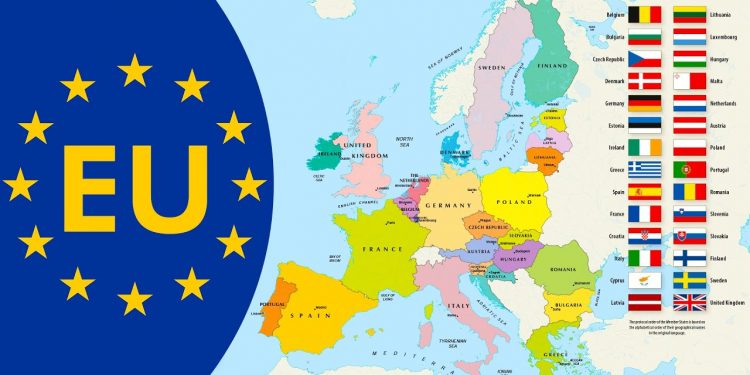The European Union Election Observation Mission to Nigeria has expressed concerns over how the Buhari administration politicized the allocation of licences and frequencies to radio stations in Nigeria, an exploitative measure that rendered the hundreds of broadcast stations subservient to the incumbent.
“Very high licence fees and security concerns, compounded by politicized allocation of radio frequencies have led to a media environment that is subservient to the incumbent,” the EU said in its final report on the 2023 general elections in Nigeria.
The EU also said authorities used both the “traditional and digital media” to shape the electoral choices of Nigerians. Bola Tinubu, Mr Buhari’s political ally, was declared the winner of the presidential election, despite his well-documented history of corruption and drug peddling in the United States.
The radio stations were used to reach out to the rural voters in four major languages – Hausa, Igbo, Yoruba and Pidgin English during the electioneering, while television, alongside print and online media, was equally part of the mass media channels used to reach the electorate, the report found.
The report said traditional media, which comprises about 800 outlets, played a pivotal role in shaping the electoral decision of the people in rural areas.
“At the federal level, despite symbiotic relationships between some media houses and politicians, commercial competition ensures a certain diversity of views,” the final EU observers stated.
The report noted improved diversity of political commentary across the southern parts of Nigeria than in the northern territories, where prompt affirmative actions were needed to ensure compliance with regional and international standards for media pluralism.
Nonetheless, the report saluted the Nigerian media in Nigeria for doing its best, despite the systemic hardship it was facing.
“Media offered extensive coverage of the elections, promoted voter information campaigns, and engaged in fact-checking while facing economic hardship, institutional pressures, and electoral violence,” the report said. “Long-standing systemic drawbacks also curtailed media freedom, and diversity which, in the electoral context, led to a reduced analytical reporting and scrutiny of candidates, effectively interfering with voters’ right to make a fully informed choice.”
A spokesman for Mr Buhari did not return a request for comments about the EU’s findings. A spokesman for President Tinubu said the administration had already made its position known about the report, which has elicited widespread media coverage since its release.






